In the quiet moments before dawn, many solopreneurs sit alone in their home offices, juggling dozens of tasks—from client emails to invoicing, social media updates to creative work. This multitasking grind is not just tiring but often overwhelming. Many face burnout, unsure how to keep up as their ambitions grow. Recently, a new ally has emerged to ease this load: AI assistants. These digital helpers are quietly transforming how solo creators and freelancers work, making it possible not just to survive, but to scale their businesses in ways that feel manageable and even enjoyable.

The Weight of Wearing Every Hat
Being a solopreneur means wearing many hats. You are marketer, customer service rep, accountant, and creator all at once. While this can be empowering, it also leads to stress. A 2022 study by the Freelancers Union found that 60% of independent workers feel overwhelmed by administrative tasks, leading to burnout and reduced productivity [1].
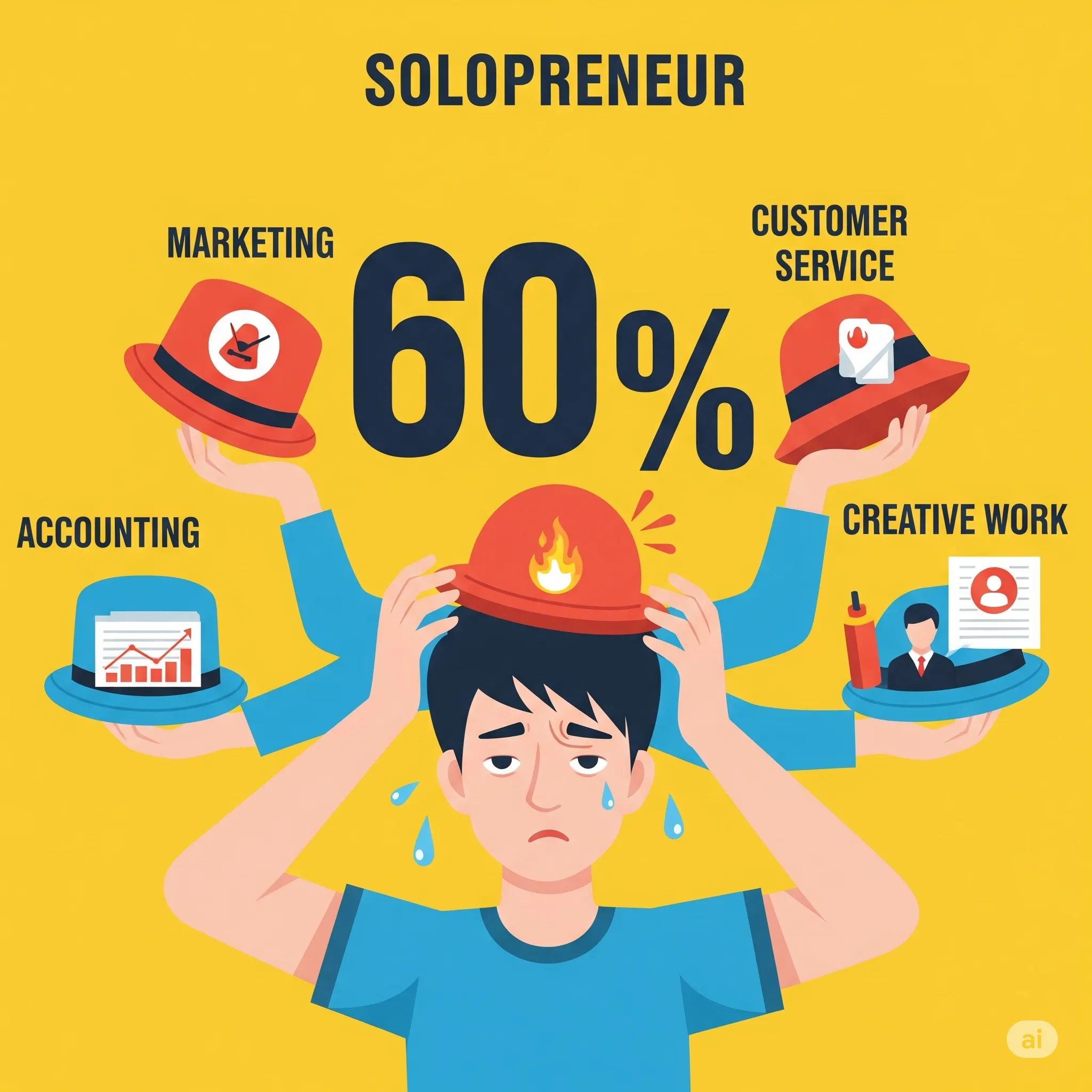
The feeling is familiar to many: being stuck responding to emails when you want to create, or caught in bookkeeping when you should be developing new ideas. The emotional toll is real, contributing to frustration and self-doubt.
Choosing Your AI Partner: A Framework for Solopreneurs
With so many AI tools on the market, how do you know which one to trust? Not every assistant fits every business or personality. Experienced solopreneurs recommend starting by identifying your most time-consuming repetitive tasks. Is it drafting emails, scheduling, content creation, or invoicing? Then look for tools that specialize in those areas and offer trial versions.
Mia, a freelance graphic designer in Austin, shares her approach: “I tested three AI writing tools for proposals and emails before picking one. I prioritized ease of use and customer support because I’m not a tech expert.” This careful selection saved her time and frustration [2].

A practical tip is to choose tools that integrate well with your existing apps to avoid creating new silos of work.
The Learning Curve: Navigating Early AI Adoption Challenges
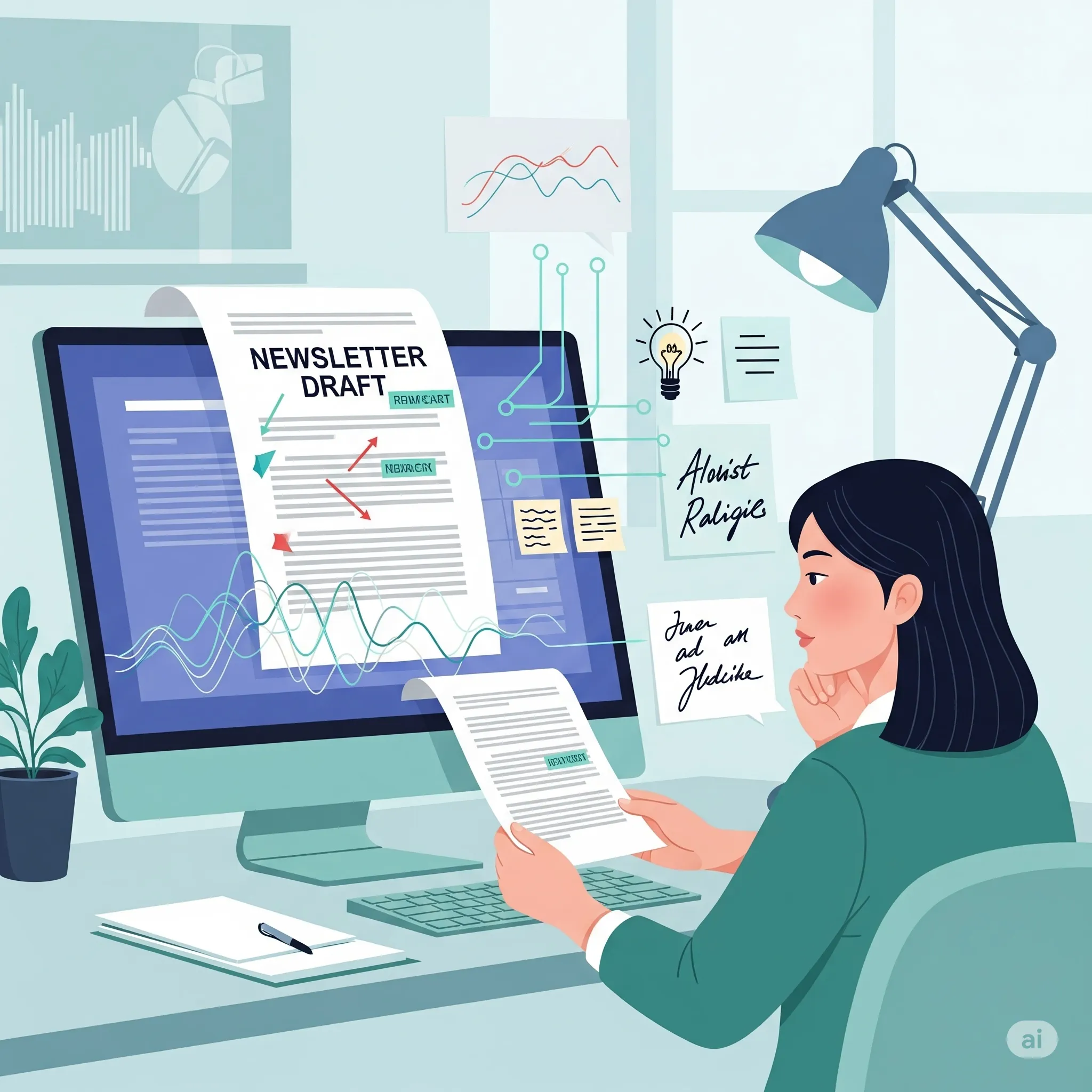
AI adoption is rarely seamless. Julian, a content coach, recalls that at first, his AI assistant’s newsletter drafts missed the mark, sounding too generic. “I spent more time editing than writing,” he admits. However, after adjusting prompts and giving the AI clearer instructions, the quality improved. Julian emphasizes patience: “There’s a learning curve, but once you get past it, AI really frees up my creative energy” [4].
This trial-and-error period can be frustrating but is part of building trust with the technology. Keeping expectations realistic helps; AI is a collaborator, not a perfect replacement.
When AI Missteps Happen: Real Stories and Lessons Learned
Automation is not without risks. One solopreneur accidentally sent an AI-generated email with a factual error to a client, leading to confusion and lost trust. She quickly owned the mistake and used it as an opportunity to set up a review step before sending any AI-generated communication. This experience taught her to maintain human oversight over all automated tasks.
These stories underscore the importance of balancing automation with human judgment. AI can speed up work, but responsibility remains with the entrepreneur.
Balancing Automation and Authenticity: How to Keep the Human Touch
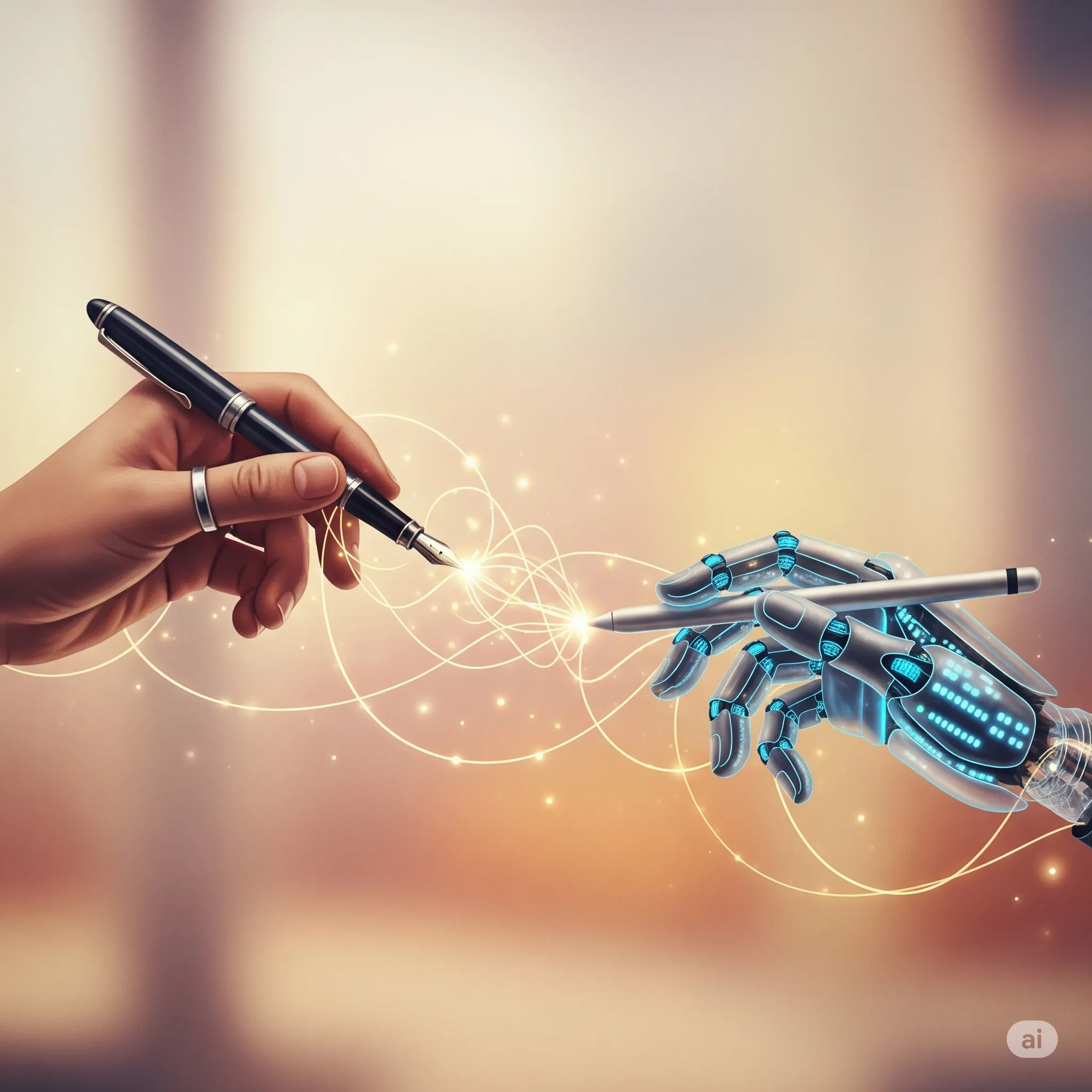
A common fear is that automation will depersonalize client relationships. However, many solopreneurs find that AI handles routine tasks, leaving them more time for meaningful personal interactions. For instance, Mia uses AI to draft initial responses but personally customizes each follow-up message, keeping the warmth intact.
Clients tend to appreciate timely replies and thoughtful engagement more than purely manual communication. The key is using AI as a tool, not a mask.
AI and Mental Health: Beyond Burnout Prevention
AI assistants do more than save time; they reduce mental clutter and decision fatigue. By automating predictable tasks, solopreneurs reclaim cognitive space for creativity and strategic thinking, which improves motivation and well-being.
A 2023 Zapier survey found that 45% of small business owners using AI tools reported feeling less overwhelmed and more in control of their day [3]. This shift can foster emotional resilience, helping solopreneurs bounce back from stress more easily.
Privacy and Ethics: What Every Solopreneur Should Know
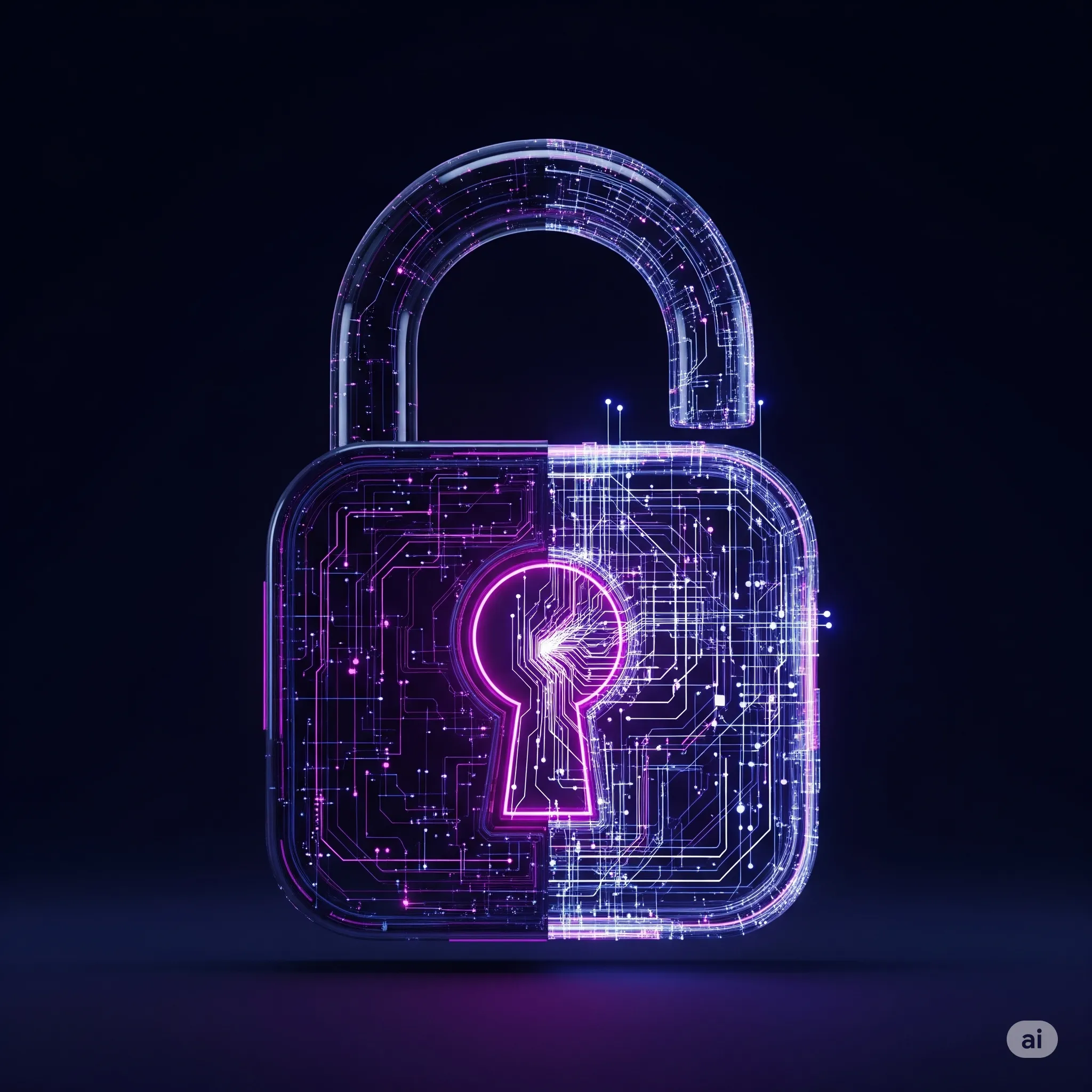
Using AI means sharing data with third-party platforms. It is crucial to understand privacy policies and choose tools that respect client confidentiality and data security. Some AI platforms store inputs for model training, which could pose risks for sensitive information.
Solopreneurs are advised to review terms carefully and avoid sharing confidential client data with AI tools that lack robust privacy measures.
The Emotional Journey: Trust, Control, and Identity Shifts with AI
Adopting AI is not just technical; it is emotional. Letting go of control can feel unsettling. Many solopreneurs describe a phase of resistance, fearing loss of uniqueness or quality. Yet, embracing AI can also be empowering, redefining one’s role from overwhelmed doer to strategic visionary.
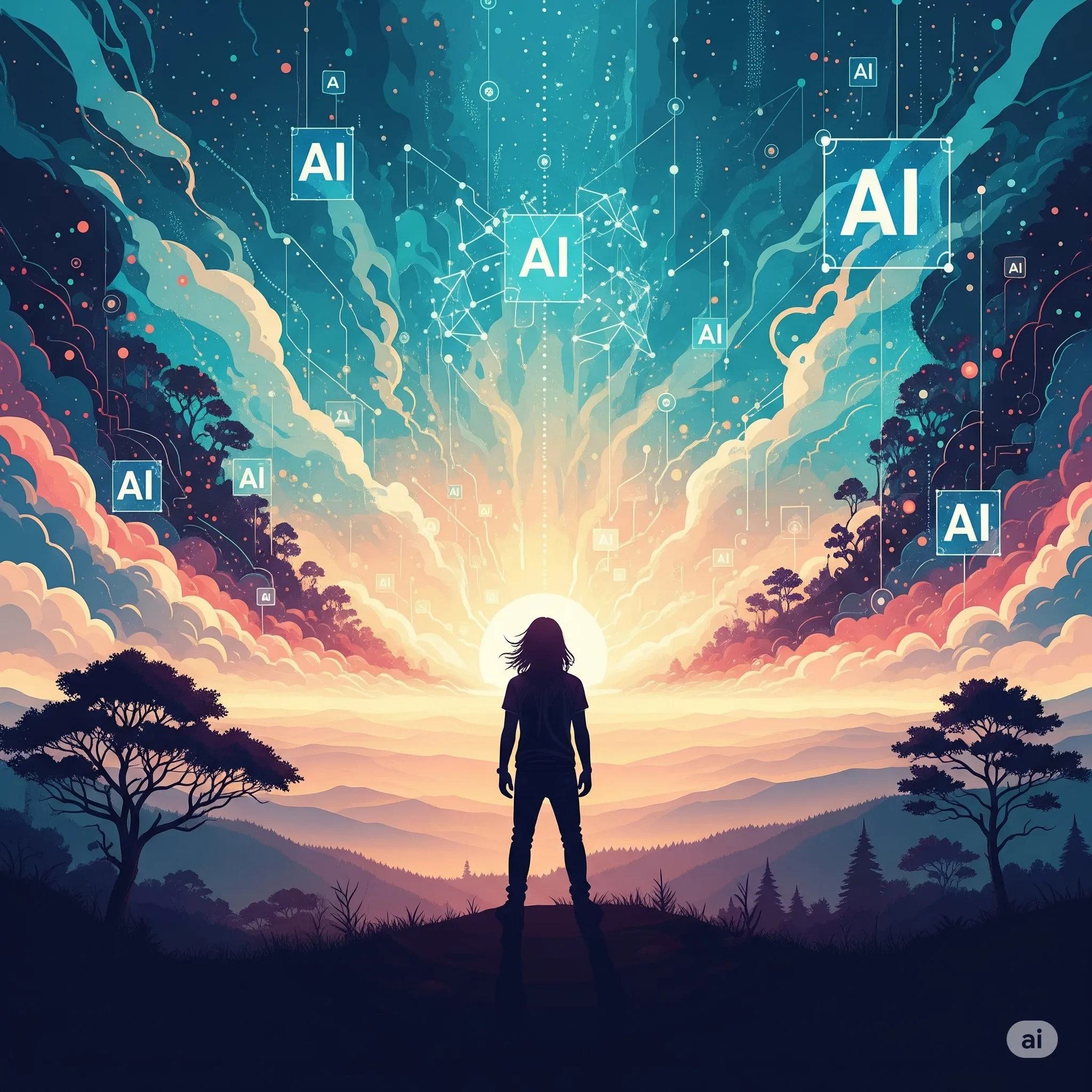
Mia reflects, “At first, I worried AI would make my work less personal. But it actually gave me space to think bigger and enjoy my craft again.” This mindset shift is often the most significant change AI brings.
Looking Ahead: How AI Can Evolve with Your Growing Solo Business
As your business scales, AI tools can grow with you. Many platforms offer tiered plans and customizable features that adapt to increasing complexity. However, ongoing evaluation is necessary to avoid becoming overly reliant or stuck with outdated systems.
The goal is a dynamic partnership where AI handles routine work, and you focus on innovation, connection, and growth.
References
-
Freelancers Union. “Freelancer Burnout and Mental Health Survey.” 2022.
-
Personal interview with Mia T., freelance graphic designer, Austin, TX. March 2025.
-
Zapier. “Small Business Owner Productivity and AI Tools Report.” 2023.
-
Personal interview with Julian M., content creator and coach. February 2025.